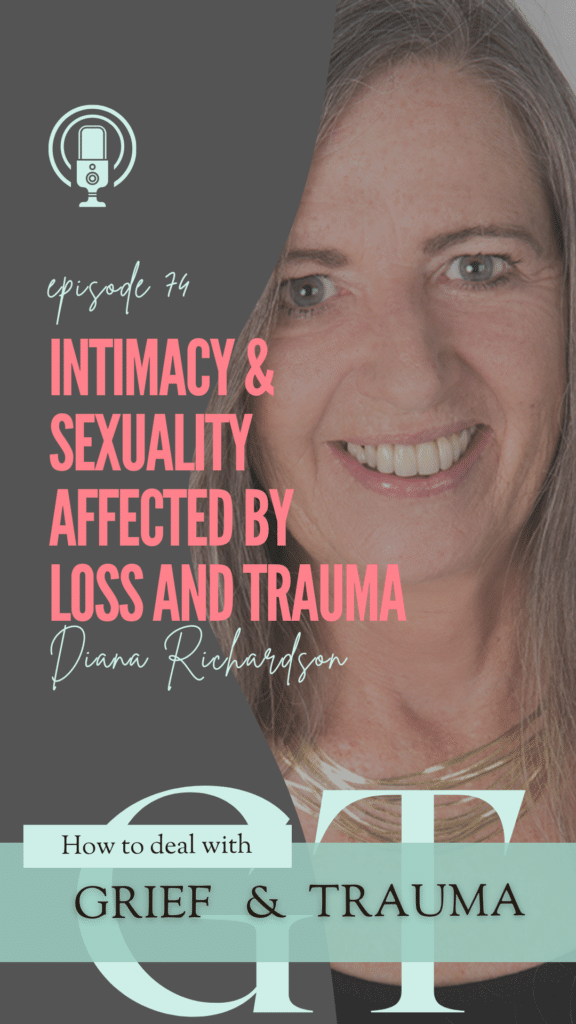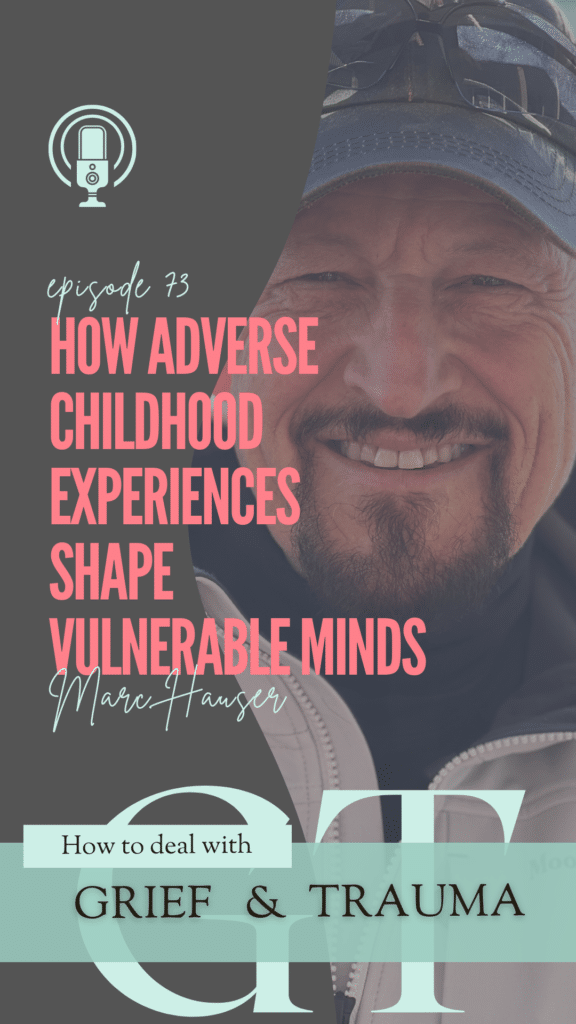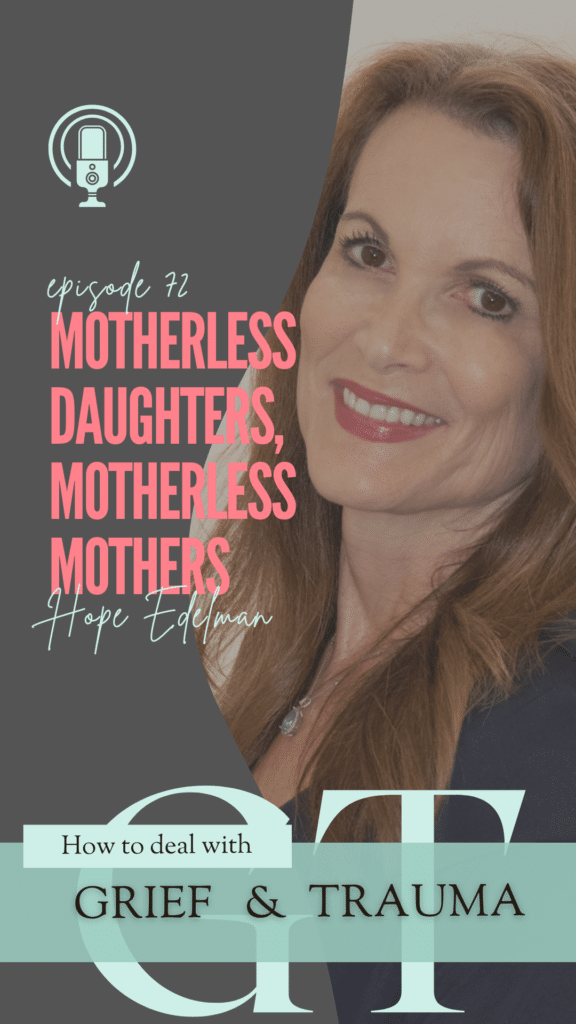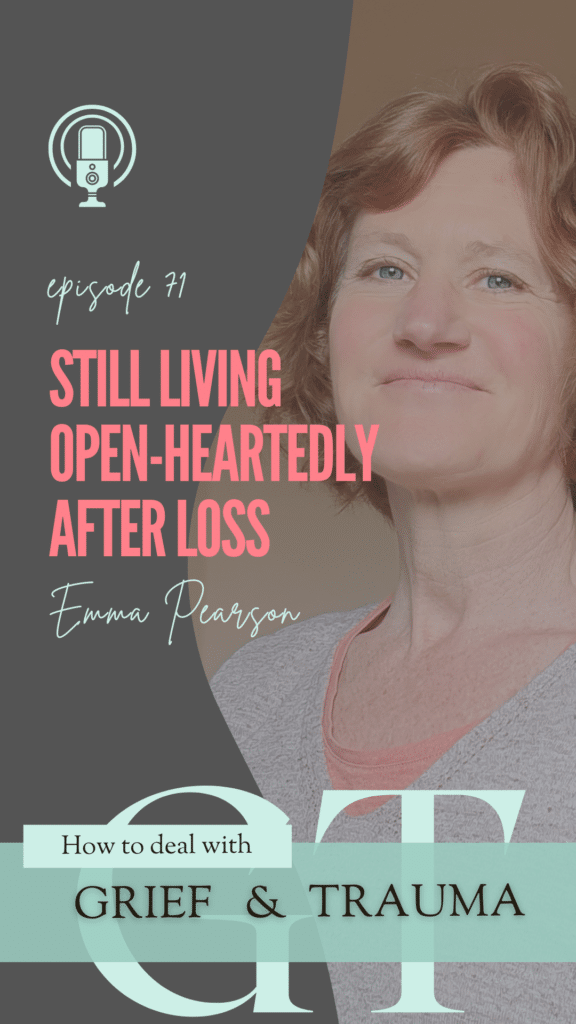HOW TO DEAL WITH GRIEF AND TRAUMA is completely self-funded, produced, and edited by me, Nathalie Himmelrich.
Consider making a small donation to support the Podcast: bit.ly/SupportGTPodcast. Thank you!
For more information, please visit Nathalie’s website, join the podcast’s Instagram page, and subscribe to the newsletter to receive updates on future episodes here.

If you’ve been drawn to this episode, it might be due to the title containing one of the most searched-for topics or due to the name of my guest. Diana Richardson is widely known due to her many books that span multiple pages if you look on Amazon which have been translated into various languages.
For me, however, the connection was made due to our common friend, Janet McGeever.
I feel lucky to count Diana, also known as Puja, as a friend. I’ve known her personally for more than 10 years and I have had the chance to sit in her presence multiple times when she was teaching women’s and couples’ retreats as well as just the two of us over a cup of tea. She’s the embodiment of the wise woman Archetype: She possesses and has embraced feminine energy and is also in touch with masculine energy and its qualities, her life is spiritually centred, with her in full mastery of her body, heart, and spirit. In touch with her feelings, she allows herself to feel fully and experience life. And, most of all, she uses her life experience to teach in the area of life that is central: intimate relationships and sexuality.
About this week’s guest
Diana Richardson (aka Puja) was born in KwaZulu, South Africa. She has a Law Degree from the University of Natal, Durban, and has been a teacher of therapeutic massage since 1978. In 1979 she became a disciple of the Indian mystic Osho. Soon after she began a personal enquiry into Tantra inspired by Osho and Barry Long. Diana Richardson is one of today’s leading authorities on human sexuality. She has been teaching couples her highly effective ‘Love Keys’ together with her partner Michael since 1993. She has written 8 books on Tantra, two with Michael as co-author. Diana deals with the essence of Tantra – the union of sex and meditation – and how in practical ways a person can experience a more fulfilling love life.
- Website: livinglove.com
Resources mentioned in this episode:
- Diana’s books
- E42 with Janet McGeever: Sexuality and Relationships in the Context of Grief, Loss and Trauma





